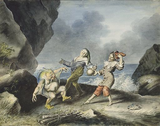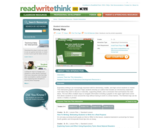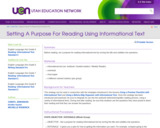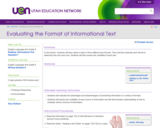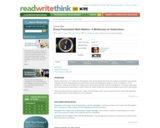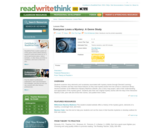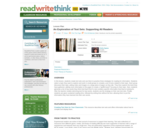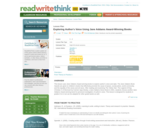
Who decides who among us is civilized? What rules should govern immigration into the United States? Whom should we let in? Keep out? What should we do about political refugees or children without papers? What if they would be a drain on our economy?
ACCOMPLISHMENTS
Students read William Shakespeare’s play The Tempest and write a short argument about who in the play is truly civilized.
Students participate in a mock trial in which they argue for or against granting asylum to a teenage refugee, and then they write arguments in favor of granting asylum to one refugee and against granting it to another.
Students read an Independent Reading text and write an informational essay about a global issue and how that relates to their book.
GUIDING QUESTIONS
These questions are a guide to stimulate thinking, discussion, and writing on the themes and ideas in the unit. For complete and thoughtful answers and for meaningful discussions, students must use evidence based on careful reading of the texts.
What role do national identity, custom, religion, and other locally held beliefs play in a world increasingly characterized by globalization?
How does Shakespeare’s view of human rights compare with that in the Universal Declaration of Human Rights?
Who is civilized? Who decides what civilization is or how it’s defined?
How do we behave toward and acknowledge those whose culture is different from our own?

